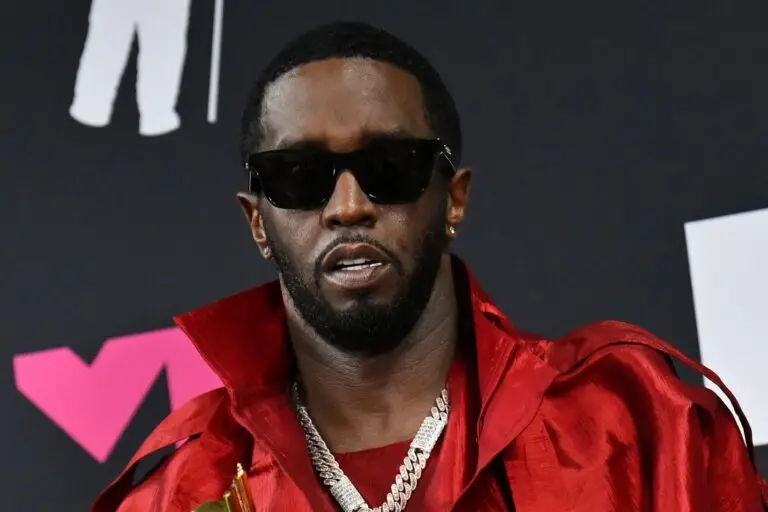The story of Sean “Diddy” Combs has long been sold as the blueprint of ambition: a Harlem hustler who remixed the music industry, parlayed street credibility into fashion, spirits, and media, and stood as a global brand unto himself. But the courtroom in New York has redrawn that narrative with a darker ink.
At 55, Combs no longer commands the stage or the boardroom; instead, he stands accused of living by a set of rules that blurred power with entitlement. Convicted on two prostitution-related counts, he now faces the possibility of a prison term stretching far longer than his lawyers ever imagined. Prosecutors are pushing for over a decade.
For years, whispers trailed him—extravagant “freak-off” parties, a culture of control, women left scarred and silenced. Those whispers have now been etched into testimony and evidence, with Combs’s former partner Casandra Ventura recounting abuse so brutal that jurors were shown footage of him kicking and beating her as she fled. What once floated as tabloid rumor is now legal record.
And yet, the verdict delivered in July was paradoxical. Jurors rejected the gravest allegations—sex trafficking and racketeering—leaving Combs technically spared from a life sentence. Still, the conviction on lesser charges struck a blow that reverberates far beyond music.
The image of Diddy as cultural architect—shaping hip-hop’s soundscape, launching stars, turning champagne and Ciroc into status symbols—has been eclipsed by one of a fallen patriarch whose empire now seems built on coercion as much as creativity.
Letters of support from family, apologies from Combs himself, even his claims of being “reborn” during more than a year in custody, ring differently when held against the testimony of those who say they were crushed under his influence. His insistence that he was merely “lost in the excess” falls flat in a cultural moment demanding accountability, not reinvention.
The sentencing looms, but whatever number the judge assigns will be only part of the reckoning. In an industry that once lionized his drive and charisma, Sean Combs is now a case study in how power without limits curdles into abuse. The man who once declared “can’t stop, won’t stop” is finding that history, and the law, can.






